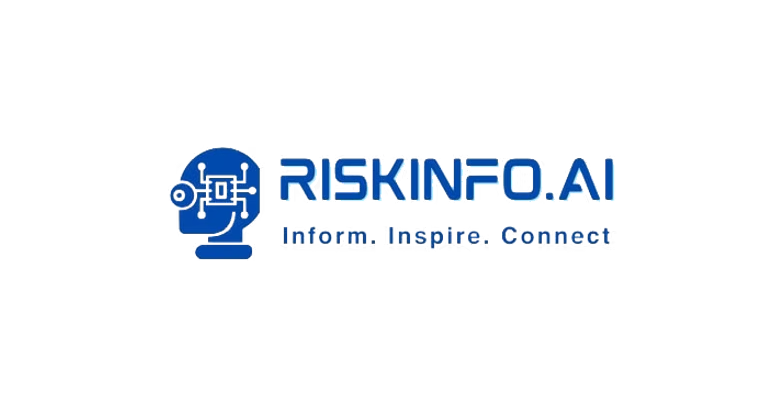Los contenidos creados para los futuros alumnos deben utilizar una filosofía de "aprender a aprender" que anime y permita a los estudiantes reciclarse continuamente y mejorar su valor en los mercados de trabajo.
Por Atul Raja
A medida que la tecnología vaya reconfigurando los mercados de trabajo, surgirá la necesidad urgente de reciclar la mano de obra existente. Sin reciclaje o mejora de las cualificaciones, no se cubrirán los nuevos puestos de trabajo.
Peor aún, millones de personas se encontrarán con que sus cualificaciones no se ajustan a las necesidades del mercado. Se quedarán sin trabajo, por lo que los empresarios y los gobiernos deben dar un mayor impulso a sus programas de reciclaje y mejora de las cualificaciones.
Naturalmente, las competencias técnicas serán las más demandadas. Estas se centrarán en la gestión de datos, la analítica, el aprendizaje automático, la IA, la cadena de bloques, la nube, la realidad aumentada, etc.
Pero la marcha de la automatización continuará en todos los sectores y puestos de trabajo. Desde contables a trabajadores de fábricas, pasando por agricultores, ejecutivos del comercio minorista, trabajadores sanitarios o agentes de atención al cliente, todos verán aumentar el componente tecnológico de sus funciones. Se prevé que el cambio sea brusco.
Las estimaciones del FEM sugieren que la división del trabajo medida en horas dedicadas por los humanos seguirá cayendo constantemente: Fue de 71% en 2018, será de 58% en 2022 y de 48% en 2025; las máquinas y los algoritmos hicieron 29% del trabajo en 2018, harán 42% en 2022 y supondrán 52% en 2025. En 2030, 1.000 millones de personas en todo el mundo necesitarán ser recualificadas.
Las ventajas de reducir la brecha entre las cualificaciones disponibles y las demandas del mercado son atractivas. El desempleo puede mantenerse bajo control, aportando estabilidad a las sociedades, y podría añadir $11,5 billones al PIB mundial.
Además, la demanda de nuevas competencias podría beneficiar a los discapacitados, que podrían desempeñar varias funciones.
Las implicaciones son claras: los programas de reciclaje y mejora de las cualificaciones deben industrializarse si la sociedad quiere beneficiarse de las tecnologías de la Cuarta Revolución Industrial.
Además, a medida que la composición de la mano de obra cambia para incluir un mayor porcentaje de personas con discapacidad, la capacitación debe abarcar áreas como la inteligencia emocional, la colaboración y la coordinación, la sensibilización y la concienciación sobre la discapacidad.
Aunque los requisitos normativos han obligado a prestar más atención a la diversidad, estos ámbitos pueden beneficiarse de una mayor atención y compromiso empresarial.
Para las organizaciones que trabajan en la creación de infraestructuras y procesos para satisfacer las necesidades de cualificación, como la Fundación Wadhwani, el mayor reto es cómo volver a cualificar a la mano de obra a gran escala y en un ciclo tan corto.
Nuestra preocupación es llegar a todos los sectores de la sociedad, para que no haya desequilibrios en el desarrollo. Queremos asegurarnos de que, con las prisas por poner en marcha los programas, nadie se quede atrás.
El problema es que los mercados de trabajo cambian tan deprisa que nadie puede volver a la universidad para un curso de tres años con la esperanza de adquirir competencias nuevas y pertinentes.
Para cuando se gradúen, los mercados laborales habrán cambiado. Por lo tanto, hay que centrarse en "aprender a aprender" -una habilidad vital esencial para el adulto del siglo XXI- que desarrolla el pensamiento crítico y la capacidad de resolver problemas, permitiendo a los estudiantes adquirir nuevas habilidades continuamente.
Una forma de superar los retos de la escala es garantizar que se ofrezcan programas de "aprender a aprender", al tiempo que se centra la atención en el desarrollo de las competencias básicas de empleabilidad del siglo XXI a través de contenidos de vídeo en la nube basados en dispositivos móviles, especialmente diseñados para mejorar las posibilidades de que una persona consiga un empleo.
El mero aprendizaje de nuevas habilidades no será suficiente para tener una carrera profesional preparada para el futuro. Las competencias adquiridas hoy quedarán obsoletas rápidamente.
Las nuevas tecnologías que se están incubando ahora -como la computación cuántica- impulsarán nuevos cambios.
Por tanto, los contenidos creados para los futuros alumnos deben utilizar una filosofía de "aprender a aprender" que anime y permita a los estudiantes reciclarse continuamente y mejorar su valor en los mercados de trabajo.




